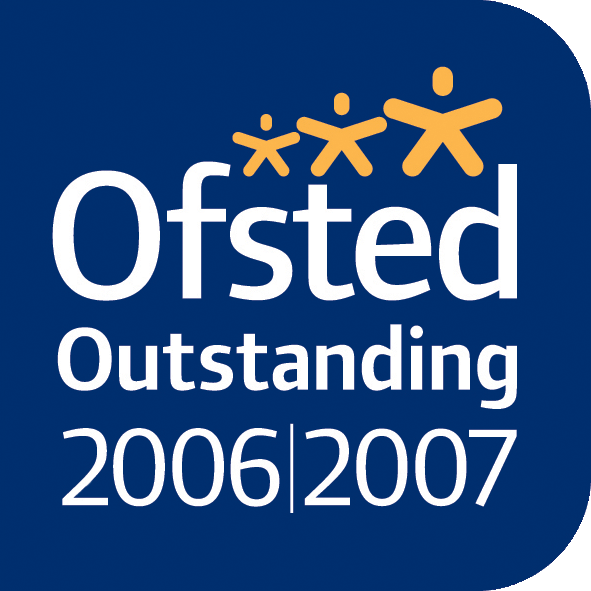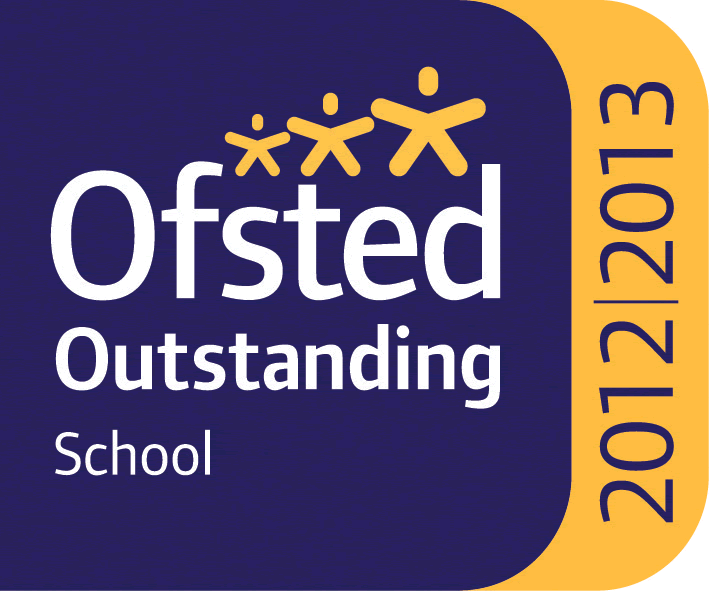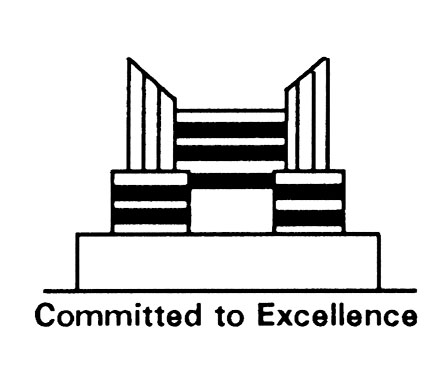Head of Department - Miss S P Kaur, MBA, BSc.
The Economics and Business Department offers a range of courses in the sixth form, to fulfil a range of interests and career ambitions. A level Economics students undertake a rigorous study of the theories, concepts and principles of a subject considered to be a social science. Macroeconomics concentrates on the behaviour of the economy as a whole whereas microeconomics focuses on individual consumers and firms. Students will develop strong analytical skills for the purpose of considering the implications of specific individual and government activities, much like mathematical logic. Students are required to support their findings with diagrammatic analysis as well as application to UK and global economic effects. Economics is an evolving subject and this is recognised and assessed by the examination boards. There is an examination and critical appreciation of significant issues such as the exit from Europe, the phenomenal growth of India and China, protectionist trade policies by Trump, the consequences of mergers, possibilities of re-nationalisation as well as the causes and consequences of poverty in Britain to name but a few of the topics considered. On the 24th January 2025 a Bank of England Ambassador delivered a presentation to year 13 students depicting economic data and analysis used by the Central Bank to make judgements on the delivery of monetary policy. This was thought provoking and spurred further curiosity and interest on the workings of the UK economy.
Business is all around us. It is impossible to live our daily lives without businesses and billions of people rely on them for work, food, communication, travel, and much more. The actions of businesses around the world affect us all. Students studying the A Level Business course will investigate this and the interrelated nature of business using business models, theories and techniques to support analysis of contemporary business issues and situations. Students will investigate the dynamic nature of business activities and how they affect competitiveness, assessing the competitive markets in which businesses operate and analysing the influences on functional decisions and plans including ethical and environmental issues. Other issues that students will explore include the factors that might determine whether a decision is successful, how technology is changing the way decisions are made and how businesses operate and compete whilst also considering the impact on stakeholders of functional decisions and their response to such decisions. The topics lend themselves to studying and engaging with the business world. Students are encouraged to follow business developments and think critically about contemporary business issues as most of the teaching and learning is based on real business situations. By examining and thinking critically about real business situations as they study the subject, students will gain an insight into different contexts which will help them to understand the key issues in any situation and compare and contrast this with other situations and apply their understanding. Students will also develop the knowledge and skills needed to analyse data, think critically about issues and make informed decisions making use of non-quantitative and quantitative data – all skills that are needed for further study and employment.
The BTEC Extended Diploma is a two year full-time course that enables learners to progress on to higher education courses before entering employment through applied learning. It can also support learners who want to progress directly to employment in job roles in business or business management and Higher Apprenticeships in the business sector. Students studying the BTEC Extended Diploma will study 13 Units of which 7 are mandatory. 4 of these Units are externally assessed examined Units. Students produce portfolios of evidence and are assessed using a range of methods such as formal reports, presentations and role-plays. The Units studied cover a variety of topics such as exploring what business is, developing a marketing campaign, personal and business finance, managing an event, international business, principles of management, business decision making, recruitment and selection, investigating customer service, creative promotion, developing and pitching a new business idea, corporate social responsibility and having some experience of the world of work through work experience. In these portfolios of evidence students have to demonstrate the skills of knowledge and application; where they apply the knowledge learnt to a given business scenario. Students then analyse why and how a particular business situation is occurring. Lastly, students then evaluate the situation by making a judgement on the significance of the impact on the given business scenario. The BTEC Extended Diploma is a demanding course and students have to be able to manage their time effectively between preparing for examinations and producing the portfolios of evidence. However, students learn and develop essential transferable skills that can be used as a stepping stone to progress on to both higher education courses and job roles in a variety of business sectors.




